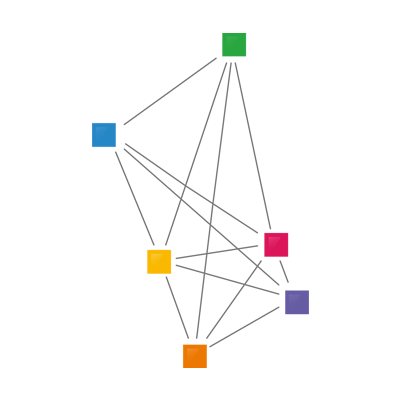Can open data illuminate real-world problems?
5 Apr 2019 10:15h - 11:15h
Event report
[Read more session reports and live updates from the 2nd Western Balkan Digital Summit]
Ms Marija Kujačić (eGovernment Development Office for IT and eGovernment, Government of Serbia) stated that Serbia is a part of the Open Government Partnership (OGP) project. She spoke about the project ‘Open Data – Open Opportunities’ conducted in Serbia. She explained that the current focus of her office is to continue to engage public institutions to open their data; to educate and support open data consumers; to engage business to find interest in supporting development of open data products; to support open data local; and to recognise and promote best practice cases. She stated that open data can improve lives, not only produce money and services. To accelerate the adoption of open data, it is necessary that civil servants feel that open data improves the quality of their work and that mechanisms to connect providers and consumers of data in the right way are found.
Mr Lawrence Kay (Senior Policy Advisor at Open Data Institute) gave examples of how open data brought transformation in the United Kingdom related to public transport and open banking. He also spoke about data infrastructure and that policies, ethics, and standards must be built. Kay also cautioned that a balance between data sharing and data protection must be struck, since a mistake in handling citizens’ data could have long term consequences in terms of citizen unwillingness to share data again.
Mr Djordje Krivokapić (Professor at the Business Systems Organization Department of the Faculty of Organizational Science) stated that a holistic approach to public sector data in the region is needed. He underlined that there are security, data protection, and ownership issues that need to be solved in order to provide open data. Lack of a data culture, lack of access, use and blocking of the use of data are components that have to be taken into consideration. Krivokapic concluded that there is more work to be done regarding demand for open data, matching users with potential data sets, developing a data culture, and undertaking digital transformation in the public sector.
Mr Bardhyl Jashari (Executive Director of Metamorphosis Foundation, North Macedonia) stated that North Macedonia is also a part of the OGP. For the civil society sector of North Macedonia, open data is very attractive. However, open data is often confused with freedom of expression, which is why North Macedonia started an awareness campaign to demystify open data, how it is used, and what benefits it can bring. North Macedonia also adopted an Open Data Strategy, a framework for state institutions. The role of civil society is to translate data into something understandable for citizens and, together, government and business could show tangible benefits of open data. In Jashari’s view, to accelerate opening of data in our region, a change of mindset and change from a culture of secrets to a culture of openness are needed. He also stated that one state institution should champion open data, but that all state institutions should appoint an open data officer.
Ms Romina Kostani (Director of Innovation and e-Gov IPA Sectorial Department at National Agency of Information Society) explained that the government of Albania has published two portals concerning open data: OGP.gov.al, dedicated to the OGP process in Albania, and OpenData.gov.al, dedicated to anyone who wishes to access data from government bodies. The government’s interoperability platform also serves as a tool for gathering data from the 49 electronic systems of government bodies. Kostani concluded that open data should be promoted to student and startups, pushing them use this data for innovation so they inspire others to do the same.
By Andrijana Gavrilović
Related topics
Related event

